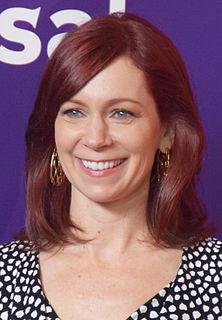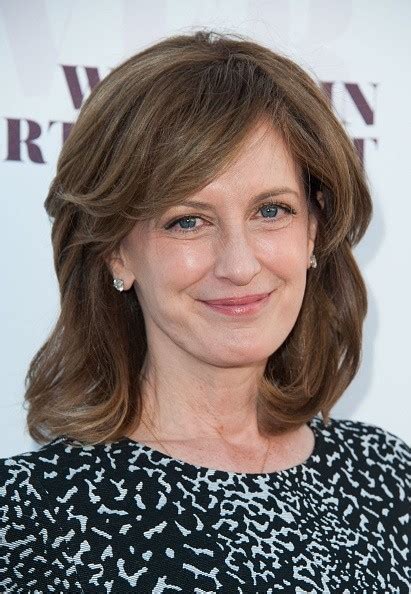A Quote by Erin Foster
Everyone is struggling to compete with how people consume television these days.
Quote Topics
Related Quotes
I think everyone is struggling somewhat with presentation. The Internet is generally well designed, if you look at the most popular websites, so we expect our visuals to be at that level of quality. When you sit in a presentation and you're looking at nonsensical pie charts and the like, your audience does disengage. People across a range of industries, not just science, are struggling with their communication because their output doesn't compete with what people see on a day-to-day basis.
Everyone is wounded. No one is healthy enough to never screw up, when you're in combat. But, I like to show that, and I like to show how people get back from that. You have to forgive each other. When you're in the middle of a long-term commitment, the essence of it is that everyone is going to have good days and bad days, and it's about how you continue to rejoin forces.
Art is consumed in so many different ways. You could say people don't stop to appreciate art. On the other hand, people can consume art more quickly. Twitter, videos posted online - how do you utilize that? How do you identify yourself as an individual when you're sitting at this massive dinner table of the world with everyone on, from Kansas to Dubai?
The days of television as we knew it growing up are over. You have a bigger, wider world audience on the Internet, larger than any American television series. People don't watch television in the same context as before. Nowadays they watch their television on the Internet at their convenience. That's the whole wave, and it's now - not the future.





































